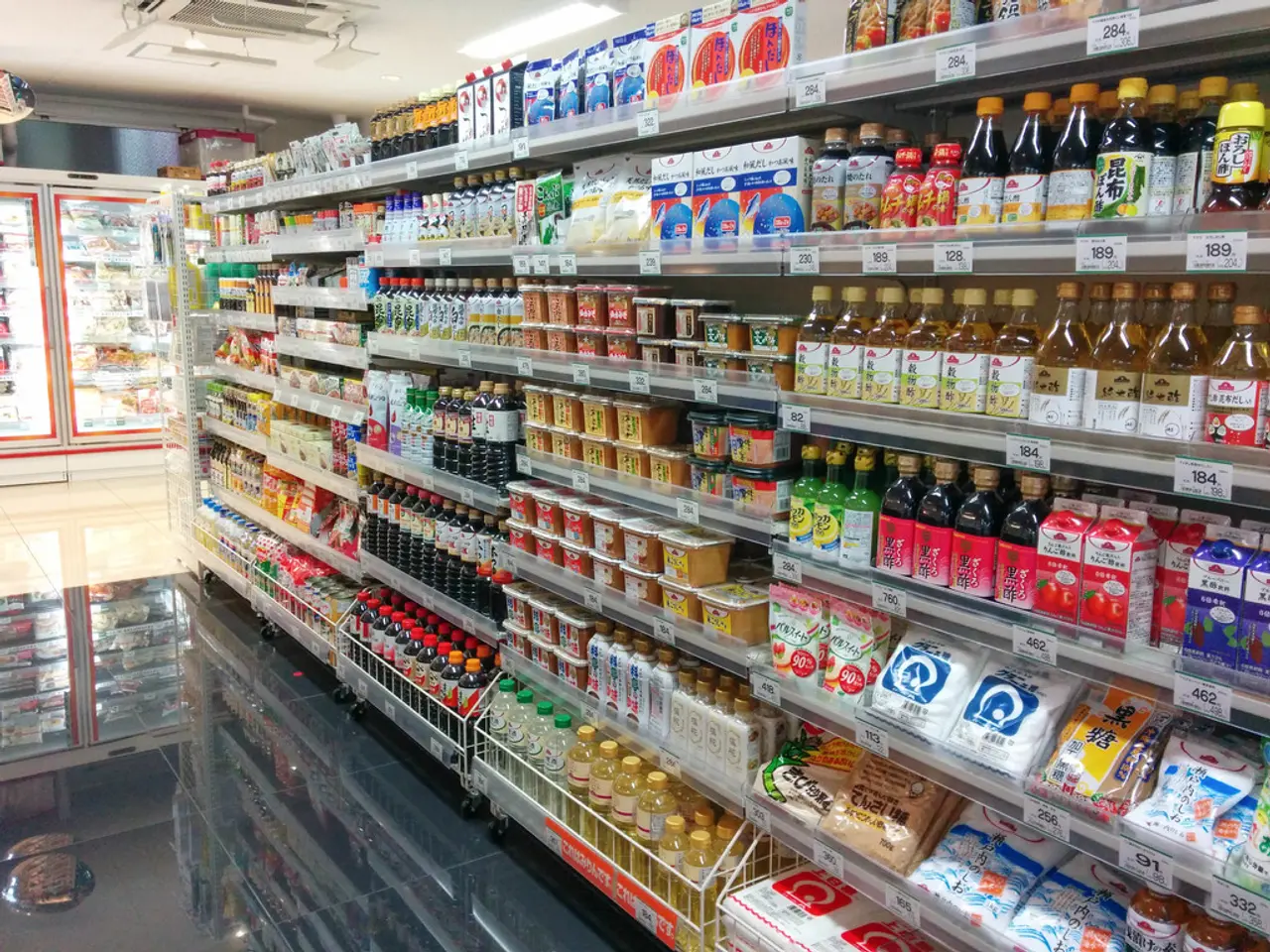Retail giant Marks & Spencer sets closure date for century-old flagship store, citing inability to bounce back from Covid-19 pandemic effects
Marks & Spencer (M&S) has announced the closure of its flagship store in Wolverhampton, a move that reflects a wider trend in the retail sector as businesses adapt to the post-pandemic economic environment and government tax reforms.
The store, located on Dudley Street, will stop trading on September 27. The closure is primarily due to economic pressures from rising business rates, changes in consumer behavior accelerated by the COVID-19 pandemic, and the evolving retail landscape demanding restructuring to remain viable.
M&S has warned that government plans to increase business rates on larger stores are a significant factor. The new tax burden affects stores with a rateable value above £500,000 and has prompted the closure of underperforming stores and a broader property restructuring program.
However, not all M&S stores are closing. Some locations, such as the Wimbledon food store, are temporarily closing for refurbishment and expansion to offer a better shopping experience, demonstrating a strategic adaptation rather than permanent closure.
The COVID-19 pandemic has accelerated shifts in shopping habits, including increased online shopping and altered foot traffic patterns, which have challenged traditional high street retailers. Higher borrowing costs and lower consumer spending due to economic uncertainty also reduce loan demand and business investment, compounding challenges for retailers.
M&S chairman Archie Norman recently stated the firm's intention to exit "struggling town centres." The company is working with the city council to find a suitable alternative food location in Wolverhampton.
The closure of the M&S store in Wolverhampton is part of a larger trend. The Centre for Retail Research (CRR) predicts that around 17,350 retail sites are expected to shut down this year. Around a third of all retail job losses in 2024, 33% or 55,914 in total, resulted from administrations.
The news comes as Wolverhampton city centre undergoes a transformation. A growing commercial district at the Interchange, thousands of new city centre homes at Smithgate and Canalside, and a new independent cinema at the Chubb Building are just a few of the projects underway.
The city centre transformation also includes better connectivity and safer public spaces. A world-class entertainment venue at the University of Wolverhampton at The Halls is also part of the plan.
M&S regional manager Calum Telford expressed gratitude to customers and employees. The council's employment support team is connected with M&S to support workers and their families. Conversations with store colleagues are continuing, and alternative roles at M&S will be offered wherever possible.
The closure of the M&S store in Wolverhampton, which has served shoppers since 1929, is a significant milestone in the city's retail history. However, the city is looking to the future with several regeneration projects aimed at creating new homes and jobs.
On a positive note, the M&S food hall at Merry Hill shopping centre is set to launch this Friday, offering customers a new shopping experience in the area. The new £61million City Learning Quarter, which opens this autumn, will also bring thousands of new visitors to Wolverhampton city centre every week.
The retail sector is facing challenging times, but cities like Wolverhampton are demonstrating resilience and adaptability in the face of change.
The closure of Marks & Spencer's flagship store in Wolverhampton is indicative of economic pressures faced by retail businesses, particularly those with larger stores, as a result of government tax reforms, emphasizing the need for industry restructuring. Despite this restructuring, some M&S stores, like the Wimbledon food store, are undergoing refurbishment to adapt to changing consumer habits and financial markets.




